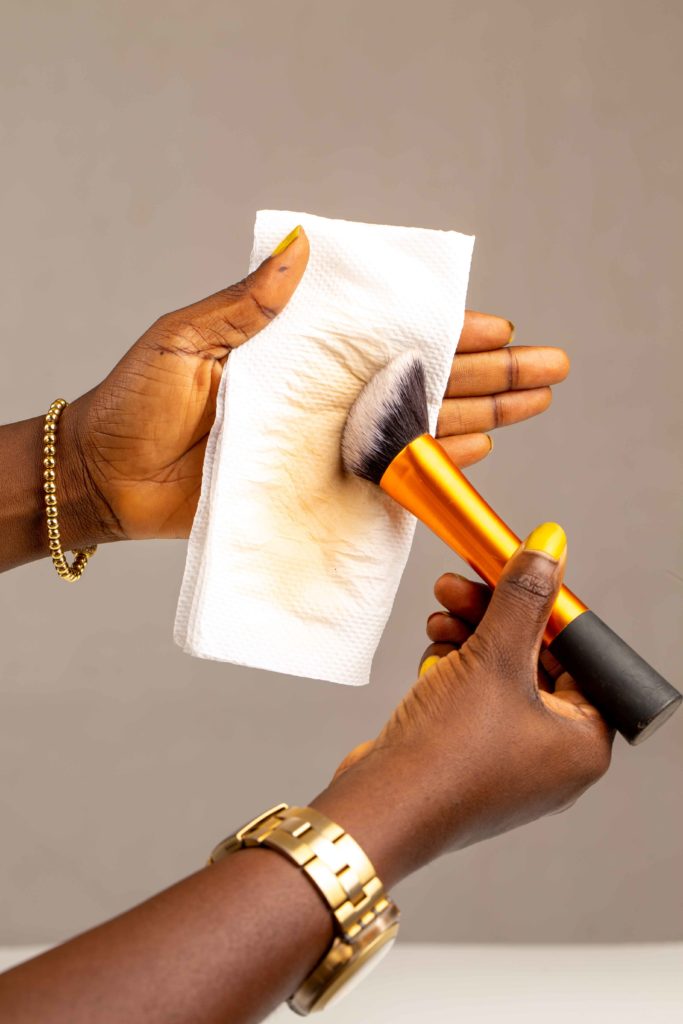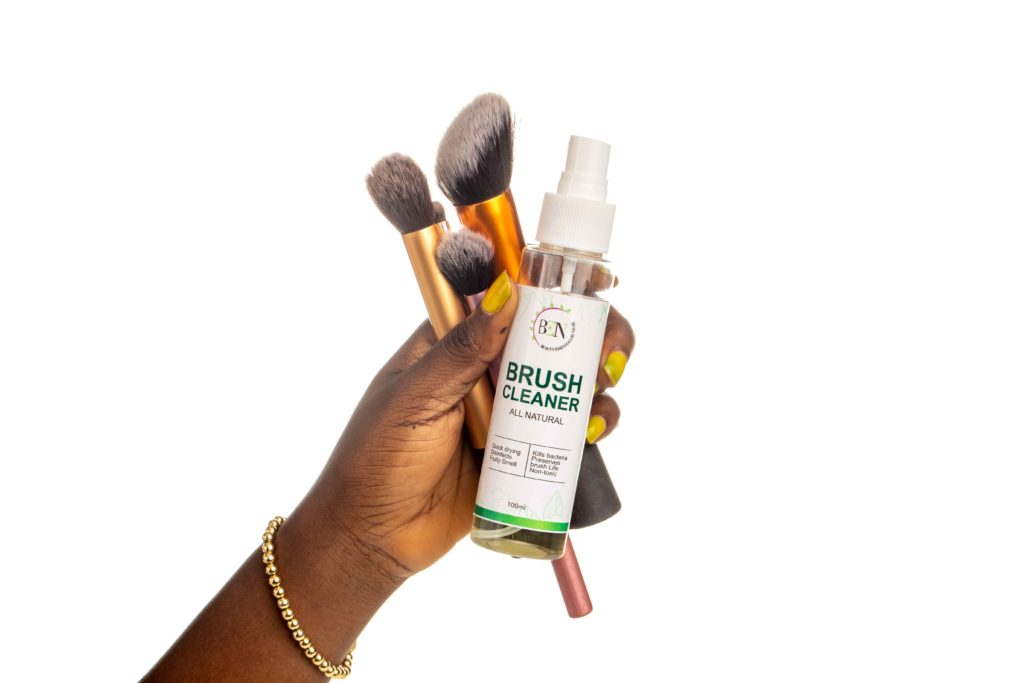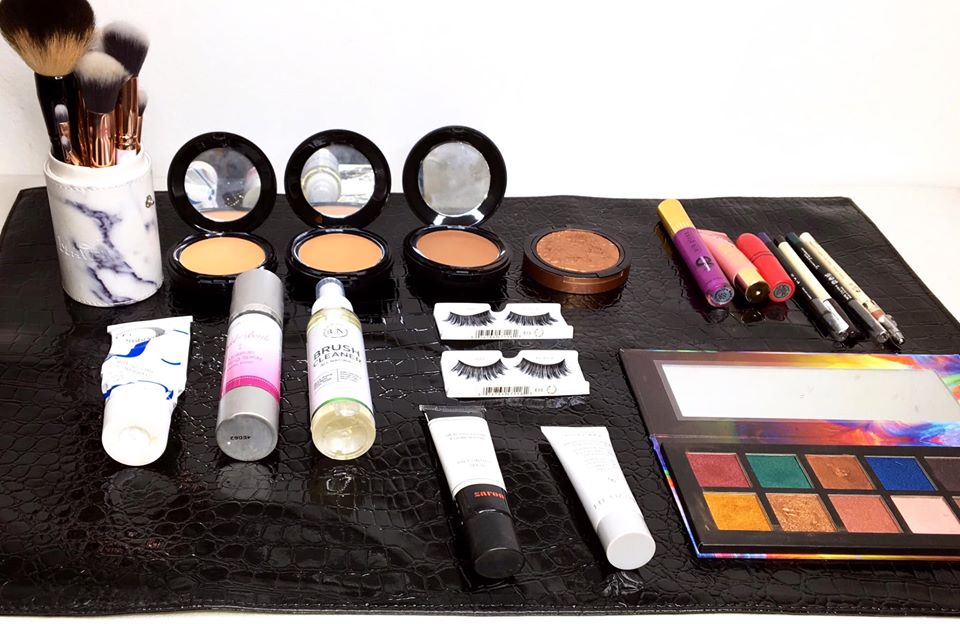Hey Beauties, The COVID-19 pandemic has undeniably reshaped the beauty landscape. Makeup artists, nail techs, lash techs, and hairstylists—those who work close to clients—have felt the impact most acutely. With beauty counters, salons, and studios closing their doors to curb the virus’s spread, professionals in these fields have had to adapt quickly.
Adapting to the Digital Era
On the flip side, beauty retailers and brand owners have found a silver lining. The shift to digital has been a game-changer, allowing brands to pivot their business models and connect with consumers online. Platforms like Instagram, Facebook, Twitter, and YouTube have become vital for engaging with customers through live videos and direct interactions. The benefits? Immediate feedback, increased sales, and enhanced engagement.
However, it’s not all smooth sailing. In Nigeria, for instance, beauty brand owners and online retailers are grappling with high exchange rates and shipping costs, as most manufacturing happens abroad.
The New Normal
The lockdown period has seen consumers prioritizing skincare over makeup, thanks to more time spent at home. Affordable, easy-to-use skincare products have surged in popularity. Meanwhile, beauty professionals have transitioned to offering online classes, teaching clients essential skills like eyebrow grooming and makeup application.
This shift might persist, as many people remain cautious about direct contact. The future will reveal whether these changes become permanent fixtures in the beauty industry.
The Future of Beauty
The pandemic has led to a substantial financial impact on the beauty sector, with major players like LVMH, Unilever, and L’Oréal repurposing their facilities to produce ventilators, face masks, and sanitizers, and donating to those in need.
Hygiene and sanitation have become paramount. Gone are the days of shared tester kits; now, studios must be thoroughly sanitized, and disposable items will see increased use. Frequent visitors to salons and studios may dwindle due to event cancellations or postponements, potentially benefiting freelance artists who operate on a mobile basis without the overhead of rent.
Embracing Digital Transformation
Beauty professionals should seize this opportunity to fully embrace the digital realm. Enhancing brand presence online, engaging with clients through digital platforms, and offering live consultations or classes are excellent strategies to thrive in this evolving landscape.
In-store hygiene protocols will become standard: providing water, soap, alcohol-based sanitizers, and temperature checks for clients, along with mandatory masks and social distancing practices.
Visualizing the New Standard
To illustrate the impact, here are some visuals of workstation setups and hygiene practices that are now essential:
Images of Workstation Setups and Hygiene for Makeup Artists


 eskişehir escort virus and the beauty industry” class=”wp-image-7353″/>
eskişehir escort virus and the beauty industry” class=”wp-image-7353″/>In Conclusion
Navigating the beauty industry during a pandemic requires careful adjustments to ensure safety and maintain client trust. One effective solution is to use personal kits for each client, which minimizes the risk of spreading the virus. It’s wise to inquire about clients’ health history to confirm they are not infected. During treatments, try to avoid talking directly with clients to limit exposure, as they may not be wearing masks at that moment.
Consider diversifying your income by retailing essential products to clients, providing an extra revenue stream while meeting their needs.
These guidelines are relevant globally, not just in Nigeria, as the pandemic affects all continents. These practices will help your specific situation and continue evolving with the circumstances.
What are your thoughts on the impact of coronavirus on the beauty industry? Together, we will overcome these challenges. Stay safe and take care.
Until my next post,
Much love,
Misykona




Pingback:
Time to Close Your Makeup Artist Business? 3 Signs You Need. - Misykona | Top Beauty Blog & Brand Strategist | Beauty, Faith, Lifestyle